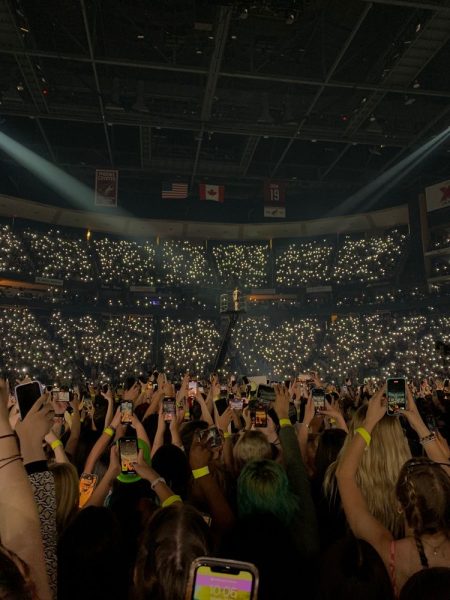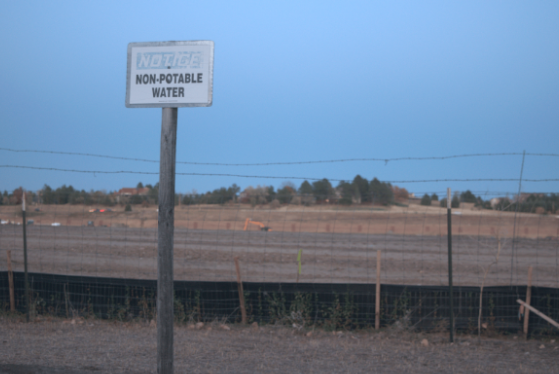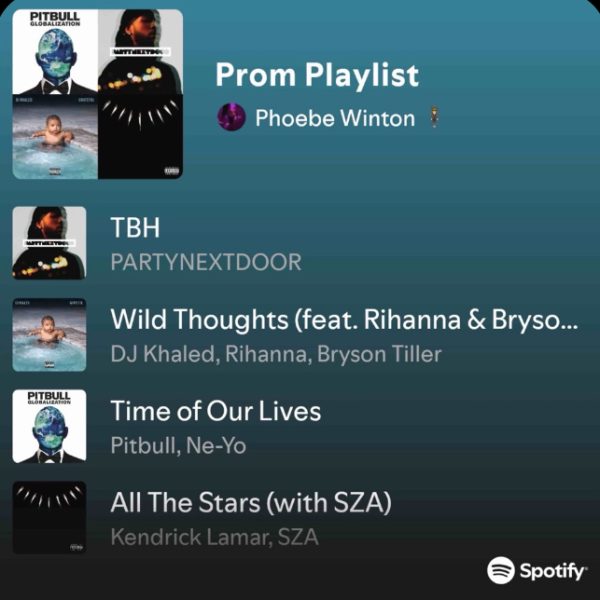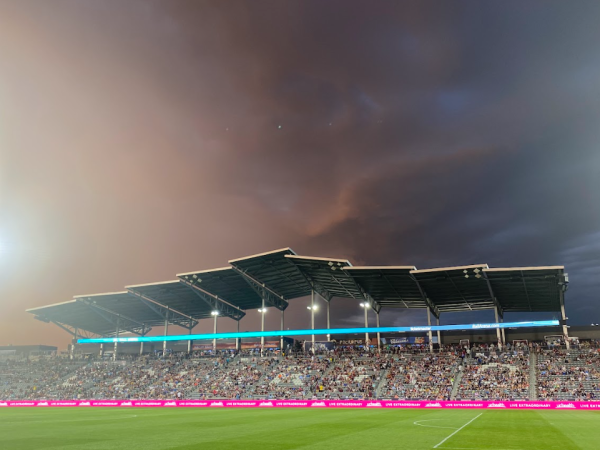My Hair Isn’t Your Laughing Stock [OPINION]
For a school that pushes the agenda of inclusiveness and individuality, it is quite contradictory that Black female students who wear their hair naturally are constantly seen as a laughing stock or receive repetitive ignorant comments about their hair.
Hair is one of the most important factors that contribute to our appearance. Our hair is a way that we are able to keep in touch with our culture but also express our individuality. This factors into why when malicious comments are received about our natural hair, it causes a deeper impact than nonblack individuals would think it would cause.
All year, it has been a norm for me to constantly hear remarks about my hair while walking in the hallway. It has impacted me in a horrible way. I have been the butt of jokes, laughed and pointed at while sitting in my car, been called many names, and more.
My self-confidence has been at an all-time low for months due to these repetitive comments. There have been multiple times where I have gone home crying due to the excessive comments I have heard about my hair while walking in the hallway.
Unfortunately, this is also a common experience for Black women. Dove recently conducted a study in 2021, covering the discrimination that Black women face at school and work. It’s findings are disturbing.
Of the Black mothers that were surveyed, 58% of them stated that their daughters experienced race-based hair discrimination as early as 5 years old. Being that young and having to deal with race-based hair discrimination can and will affect how they view their hair as they grow up.
Acts of discrimination towards natural hair can ultimately lead to the deterioration of one’s self-esteem and image. It shouldn’t be surprising, having multiple comments and microaggressions thrown at you over time will impact your well-being and self-worth.
The behavior that is shown towards natural hair at this school has caused some to deter from even wearing their hair in its natural state.
“I feel as if I get judged a lot from both the White kids but also the other Black girls at school,” Senior Noelle Smith said.
There is an evident issue at hand and it needs to be addressed: Black girls should feel comfortable going to school with their natural or protective styles without getting heckled.
This bias is deeply ingrained within our society due to eurocentric standards that have been forced on us throughout for years. The concept suggests that White features are the most desirable, so long straight, blonde hair is one of the many examples that impact the lives of minorities, especially Black women.
Eurocentric standards have been heavily pushed through the media which contributes to why it is so prominent today. Having more representation in media, especially television and film can help push the fact that natural hair is okay and completely normal.
Showing Black women with their hair in a natural or protective state on television and film can help viewers understand that Black hair is beautiful, professional, and attractive.
Due to texturism and eurocentric standards being so deep within our social construct it is almost impossible to completely get rid of it. But if we were to educate ourselves and also show more natural hair within the media, we can slowly get rid of the ignorance that is present today.


![My Hair Isn't Your Laughing Stock [OPINION]](https://ghschronicle.com/wp-content/uploads/2023/01/Opinionsnew-900x475.jpg)
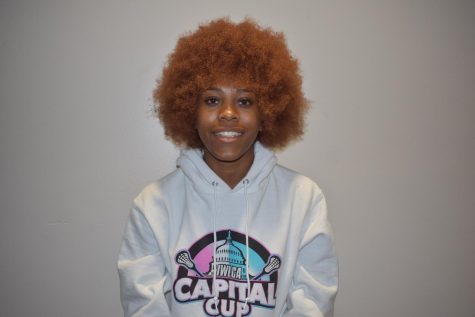
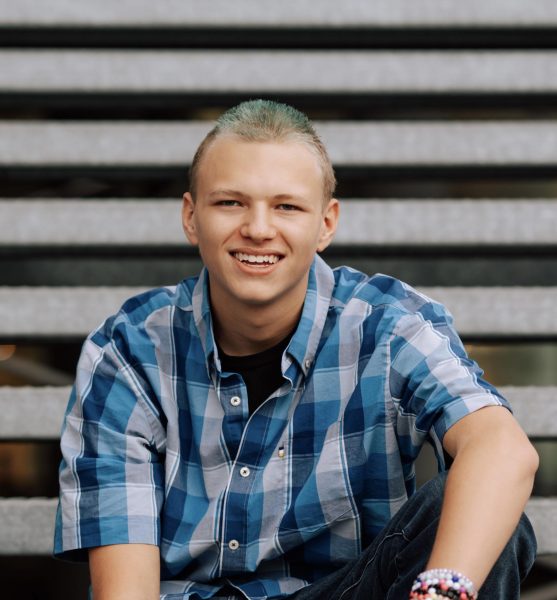
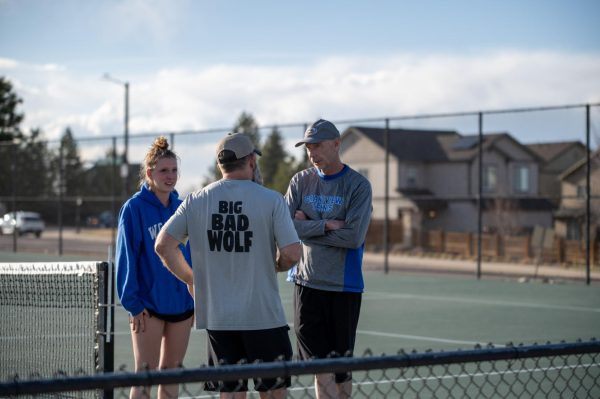
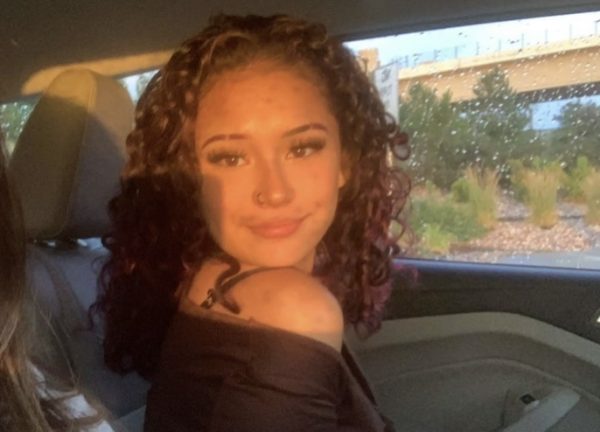
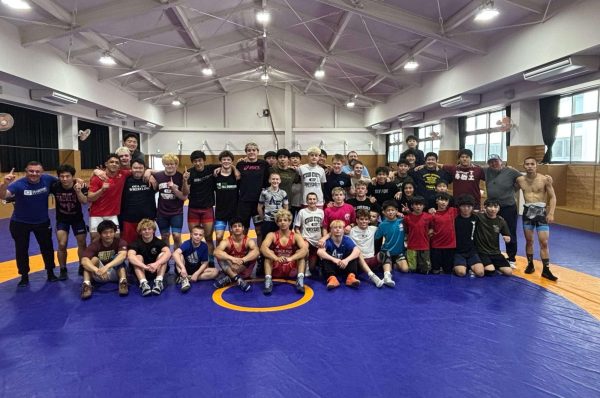
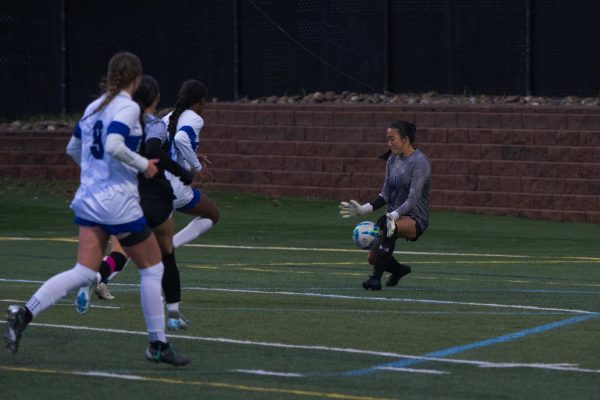
![Executive Order: Ending Radical Indoctrination in K-12 Schooling [OPINION]](https://ghschronicle.com/wp-content/uploads/2025/04/Screenshot-2025-04-23-at-2.51.41 PM-600x337.png)
